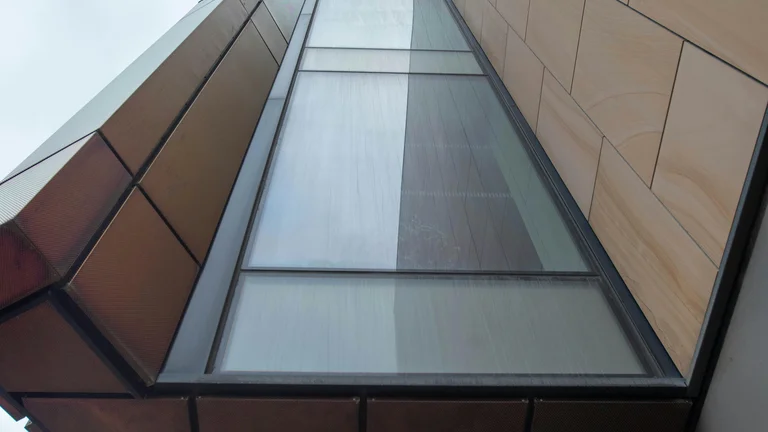Understanding Energy Efficiency

Energy efficiency refers to using less energy to perform the same task or activity. This concept helps reduce energy waste and lowers utility bills. For instance, using LED light bulbs instead of traditional incandescent bulbs can result in significant energy savings while providing the same level of brightness. By adopting energy-efficient appliances, households and businesses can realize lower energy consumption, which is vital for both environmental sustainability and financial savings.
Benefits of Energy Efficient Appliances
Replacing old appliances with energy-efficient models offers several benefits. Firstly, these appliances typically consume less energy, which lowers monthly utility bills. For example, an energy-efficient refrigerator can use 30% less energy than older models, translating to substantial savings over time. Secondly, many energy-efficient appliances come with federal tax credits or rebates, further enhancing cost savings. Lastly, energy-efficient appliances often have longer lifespans, which means reduced replacement costs in the long run.
Home Improvements for Energy Savings
Home improvements provide effective means to enhance energy efficiency. Insulation is one of the best investments; it maintains desired temperatures and reduces the strain on heating and cooling systems. Additionally, sealing cracks around windows, doors, and ducts prevents air leaks that can waste energy. Upgrading windows to double or triple-pane glass can also lead to lower heating and cooling costs. Simple actions like weather stripping and caulking can improve overall efficiency, contributing to noticeable savings on energy bills.
The Role of Renewable Energy
Renewable energy plays a crucial role in energy efficiency and cost savings. By investing in solar panels or wind turbines, homeowners can generate their own electricity, significantly lowering reliance on grid power. Many local governments offer incentives for renewable energy installations, such as tax credits and feed-in tariffs. Moreover, utilizing renewable sources diminishes greenhouse gas emissions, making it an environmentally friendly choice. Over time, these investments can lead to substantial cost savings and increased energy independence.
Energy Efficiency in Businesses
Businesses can also benefit from energy efficiency measures. Implementing energy management systems allows companies to monitor consumption and identify wastage. Upgrading to energy-efficient lighting and HVAC systems can significantly reduce operational costs. Furthermore, engaging employees in energy-saving practices can encourage a culture of sustainability. Investing in energy efficiency often pays off through lower energy bills, improved equipment longevity, and a positive company image, contributing to long-term financial gain.
| Aspect | Traditional Approach | Energy Efficient Approach | Potential Savings |
|---|---|---|---|
| Lighting | Incandescent Bulbs | LED Bulbs | Up to 75% |
| Refrigerator | Older Models | Energy Star Models | 30%+ |
| Heating/Cooling | Standard HVAC Systems | High-Efficiency Systems | 10% - 50% |
| Insulation | Poor Insulation | Well-Insulated Homes | 20% - 50% |
| Windows | Single Pane | Double/Triple Pane | 10% - 25% |
FAQ - Energy Efficiency and Cost Savings
What is energy efficiency?
Energy efficiency means using less energy to accomplish the same tasks, leading to reduced energy waste.
How can I save money through energy efficiency?
You can save money by upgrading to energy-efficient appliances, improving home insulation, and switching to renewable energy sources.
Why are energy-efficient appliances better?
Energy-efficient appliances consume less energy, which lowers your utility bills and often comes with rebates or tax credits.
What home improvements can enhance energy efficiency?
Insulating your home, sealing air leaks, and upgrading to energy-efficient windows can all significantly improve energy efficiency.
How does renewable energy contribute to energy efficiency?
Renewable energy sources, like solar and wind, allow for generating your own electricity, reducing reliance on traditional power sources and lowering costs.
Energy efficiency enhances savings by reducing energy consumption in homes and businesses. Adopting energy-efficient appliances, improving insulation, and utilizing renewable energy sources leads to lower utility bills and financial savings over time.
Conclusão sobre Energy Efficiency and Cost Savings.